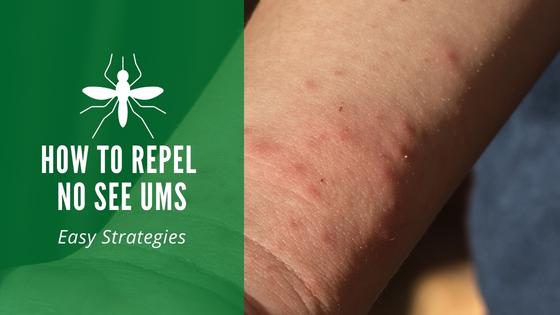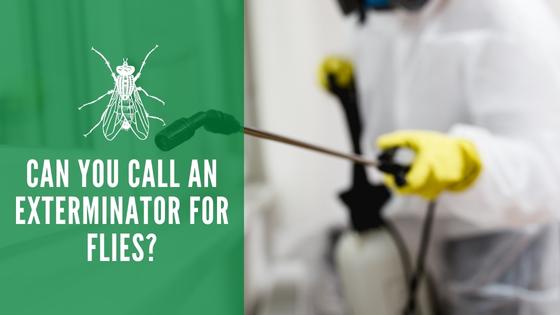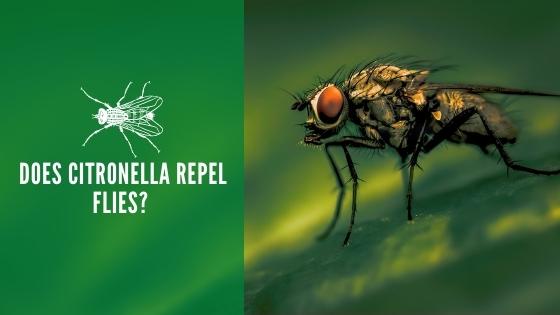Fruit Fly Lifespan & Life Cycle
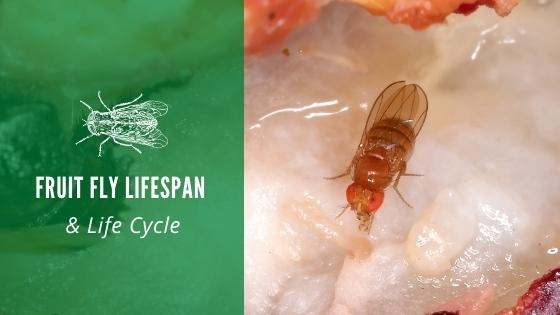
Everyone has had the experience of having a few pieces of fruit sitting out on the counter that have gone bad. You might not notice it at first, but suddenly, it seems like you have been invaded by fruit flies overnight. What happened, and how did the problem multiply so quickly?
How Do Fruit Flies Multiply So Fast?
Understanding how fruit flies multiply so quickly lies in their life cycle. Fruit flies cause considerable damage to crops, and because of this, they have been studied quite extensively by researchers. They have three distinct stages in their development: egg, larva, and adult.
One of the reasons why fruit flies seem to come out of nowhere is that the female can lay up to 500 eggs at a time. They typically lay their eggs close to rotting fruit because that is what their larva feed upon.
They find fruits because of the gummy fluid that seeps out when fruit begins to rot. They can detect its presence long before you notice that the fruit is beginning to go bad.
The fruit that we buy from grocery stores can take long transport times from its place of production to your local store. Even though it is still fit for human consumption, the ripening and rotting processes begin as soon as the fruit is picked. You can almost be assured that the fruit flies that have invaded your counter were hitchhikers from the orchard where the fruit was produced.
Fruit fly eggs are about ½ mm long and yellow under a microscope. They are about the size of a grain of rice or smaller. They can be hiding in the cracks and crevices of the fruit or around the stem. Fruit is kept cold for transport and to keep it fresh for you until it is sold.
Fruit fly eggs will not hatch until about 75 to 80 degrees Fahrenheit. Once the fruit reaches about 75 to 80 degrees on your counter, the larva takes about 30 hours to hatch.
How Long Do Fruit Flies Live?
The fruit fly has a rapid life cycle. The eggs will stay dormant until they reach the right temperature and conditions. Once they hatch, the fly will go from larva to mature adults, ready to breed in 10 to 12 days. This is an average, and some fruit fly species can mature even more quickly and reach adulthood in less than a week. Adult fruit flies live an average of 10 days, but this lifespan varies depending on their living conditions.
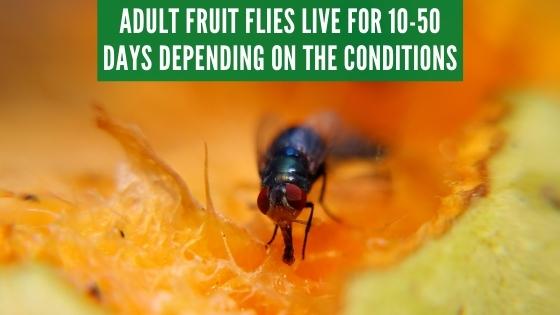
Considering the number of eggs that a female fruit fly lays, you can see how the population can get out of hand quickly. Once the fruit fly egg hatches into a larva, commonly called maggots, they feed on the rotten flesh and pulp from the fruit to extract the sugars.
The larva goes through three instar stages. Once the egg hatches, the first instar stage occurs in about a day. It takes one day to reach the second instar stage and another day to reach the third instar stage.
Once the instar reaches a certain size and maturity, it will form a cocoon and pupate, where it will transform into its adult fly stage. In most species, this takes about 2 1/2 to three days. In about 3-4 days, an adult fly will emerge. It is ready to breed, and the cycle can then begin again.
Fruit Fly Diet
Fruit flies prefer the rotting flesh of any fruit. They are especially attracted to those with higher amounts of sugar. They prefer fruits like bananas, apples, melons, berries, citrus fruit, papayas, mangoes, and avocados. It would be safe to say that no fruit worldwide is safe. They also like starchy foods like potatoes, sweet potatoes, carrots, and they will even eat mushrooms.
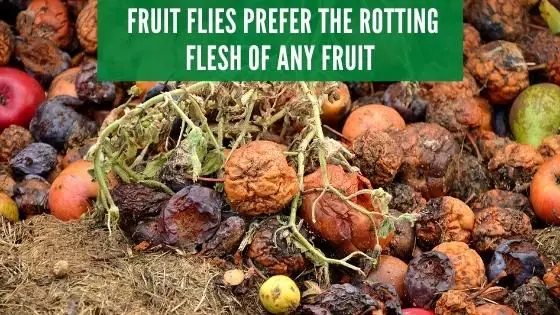
They do not tend to prefer vegetables low in sugar, like leafy greens or cruciferous vegetables. It is possible to find them on these vegetables if they become rotten enough. Fruit flies also like vinegar, which is made from apples. They also love the dirty glass of beer or wine you left in your sink.
How Long Do Fruit Flies Live Without Food?
The fruit fly reaches maturity in about 10 to 12 days, but the adult fly can live between 30 and 50 days, as long as the temperatures remain between 73 and 82 degrees Fahrenheit. During this entire time, they are busy breeding and laying more eggs.
If you do have a fruit orchard, you can have a fruit fly infestation and significant crop damage in a very short time. When the problem concerns fruit that you brought home from the grocery, you can remove the food source easily and get the population under control.
The adult fruit fly can go up to seven days without eating. They begin to succumb to starvation in about four to five days. This is good news if you accidentally bring some home with your bananas. If you remove the fruit, you can expect the fruit fly population to go away after about a week, provided there is no more food available.
How to Prevent and Get Rid of Fruit Flies
The first step in getting rid of and preventing fruit flies is to discard any fruit that is no longer fit for consumption. Keeping your food in the refrigerator will keep the temperature low enough that any eggs that have been accidentally transported home will not hatch. Washing your fruit thoroughly as soon as you bring it home will help remove any eggs that might be hiding.
If you find that you already have an infestation, the first thing you should do is discard the fruit that is causing the problem. Ensure to wash any fruit sitting next to it thoroughly, and you might want to refrigerate it or consume it quickly.
One of the more challenging situations is that fruit flies will reside in drainpipes. Here they feed on food particles that have decayed and become rotten. They can then travel up the drain and into your home. Getting rid of them in pipes can be more challenging and might require cleaning your drain.
Fruit Fly Traps
Another way to rid yourself of fruit flies is to build a trap. You can place a small amount of vinegar in a shallow bowl. Place a drop of dish soap into the vinegar, but do not mix. Allow it to disperse naturally. The flies will be attracted to the vinegar.
If you do not use dish soap, the flies will be able to remain on top of the water, which is what they expect when they land. The dish soap makes them fall into the water and drown.
If you do not want to use vinegar, you can also put a piece of rotten fruit in a plastic bag. Leave the mouth of the bag open. When the flies congregate, you can close the bag and trap them. This might not get rid of all of them, but you can reduce the population.
Now, you know why fruit flies can quickly get out of hand. Once you understand their life cycle, it is easier to get rid of them in your home or place of business. The good news is that when you take away what they need to live, the population is easy to control. Using methods like vinegar traps is an excellent way to rid yourself of the tiny pests quickly and without using harmful chemicals in your kitchen.

